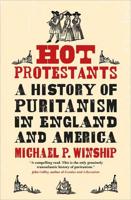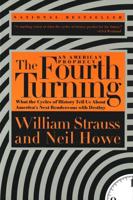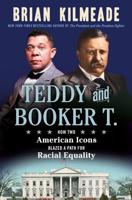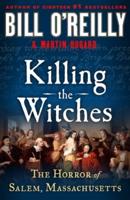Publisher's Synopsis
*Includes pictures *Profiles important figures like John Winthrop, Roger Williams, and others *Includes online resources and a bibliography for further reading *Includes a table of contents The first successful American colony in North America was settled in 1607 at Jamestown, Virginia. Though the Virginian colonists had difficulty in the beginning, by the late 1620s the Chesapeake area was thriving, having become a haven for those seeking economic opportunity in the new world. Pressures in England were growing as King Charles I was on the throne. Though Charles I himself was an Anglican, many suspected him of Catholic sympathies, a suspicion not alleviated by Charles I marriage to a French Catholic princess. Many Protestants had a growing desire to practice their faith and conduct their lives away from the mother country, and sought refuge in a destination called New England. The land chosen by this group, who "could pay their own way across the Atlantic" in contrast to the poorer settlers of the Chesapeake region was "colder, less abundant, but far healthier" than Virginia. Alan Taylor sees this decision as one in "classic Puritan fashion", citing one settler's view: "If men desire to have a people degenerate speedily, and to corrupt their minds and bodies too...let them seek a rich soil, that beings in much with little labor; but if they desire that Piety and Godliness should prosper...let them choose a Country such as [New England] which yields sufficiency with hard labor and industry." The Puritans who came to America were, therefore, primed for hard work, discipline and the independent life, unlike their English counterparts who "preferred Anglicanism and the traditional culture characterized by church ales, Sunday diversions, ceremonial services, inclusive churches, and deference to the monarch." Ultimately, the men of the New England Company decided that the time had come to remove themselves from England, and to pursue their lives in the Americas. The Dorchester Company was founded by a group of investors with an interest in settlement in the New World. This settlement would be a for-profit venture, but it would have as its two main causes the spreading of the Gospel to the Indian population and the stop of the spread of Roman Catholicism in the American colonies. John White, the company's leader, also wanted to compete with the separatists who had begun the Plymouth colony in 1620. Cape Ann, a promontory very near to Cape Cod was established by the Dorchester Company as an early settlement. The fishing was excellent, but Cape Ann proved unable to provide the farm goods needed to sustain the Puritan settlers who came to the New World. The Dorchester Company was dissolved, but investors seeking to salvage its aims formed the New England Company or Massachusetts Bay Company and secured a charter just before King Charles I dissolved the Parliament in 1629. The Massachusetts Bay Colony: The History and Legacy of the Settlement of Colonial New England profiles the history of the colony, as well as its most famous leaders and individuals. Along with pictures of important people, places, and events, you will learn about colonial New England like never before, in no time at all.








